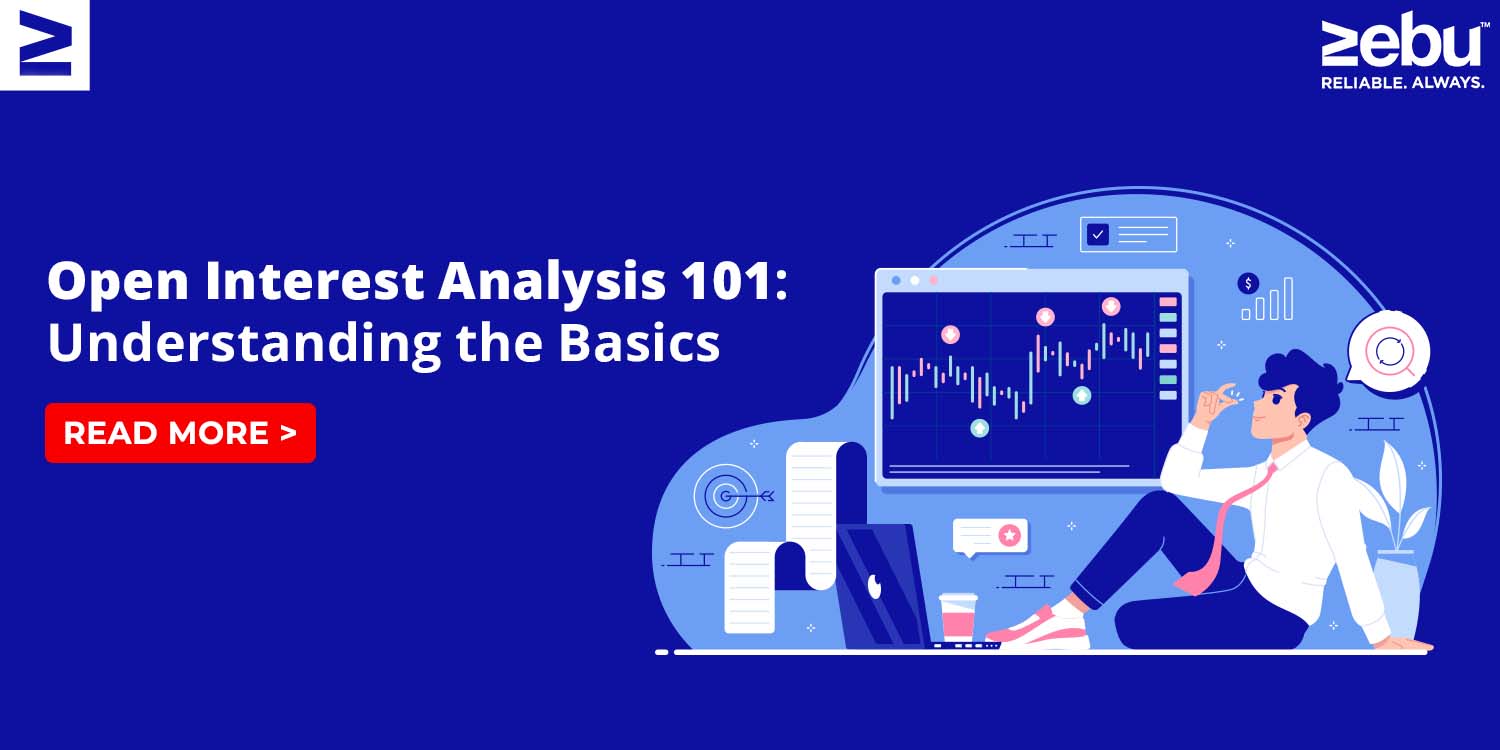
Traders employ the open interest analysis approach to assess the market’s underlying activity. It may be used to spot patterns, understand market mood, and execute good trades. We’ll go through the fundamentals of open interest analysis in this blog post, including what it is and how it can help you trade better.
Let’s define open interest first. The total number of contracts that are still open in a given market is known as open interest. It is the quantity of contracts that have been purchased or sold but have not yet been countered by another transaction. Open interest, then, is the number of trades that have been made but not yet completed.
There are several methods to use open interest to spot patterns and market sentiment. For instance, increasing open interest may signal a greater influx of buyers, while declining open interest may signal a greater influx of selling. So, if you are looking to buy a call option, make sure that others are also agreeing with your view based on the open interest.
The strength of a trend may also be determined using open interest. For instance, a strong bullish trend may be indicated if the open interest is increasing while the price is also increasing. On the other hand, if the price is declining and the open interest is increasing, this can point to a strong negative trend.
Identifying possible trading opportunities may also be done using open interest. For instance, if open interest is high in a certain market, it can mean that there is a lot of trade going on there. This may indicate that there is a lot of market liquidity, which would make it simpler to initiate and close trades. Furthermore, if open interest is low in a certain market, it can be a sign that there is less trading activity there, which might make it more challenging to initiate and exit trades.
It is essential to remember that while making trading decisions, open interest should not be employed alone. Along with other market indicators like price and volume, it should be used. Open interest should only be used as a confirmation tool because it is not a leading signal.
To sum up, open interest analysis is an effective instrument that traders may use to assess the underlying market activity. It may be used to spot patterns, comprehend market mood, and execute wise trades. Traders may better comprehend the market and make wiser trading decisions by grasping the fundamentals of open interest analysis.
Please be aware that open interest analysis should be used in conjunction with other indicators and analytical tools as it is just one of many tools that traders use to assess the market. The risk involved in trading on the financial markets and the fact that previous performance does not guarantee future success should also be kept in mind. Before making any investment decisions, it is always advisable to speak with a financial counsellor.



